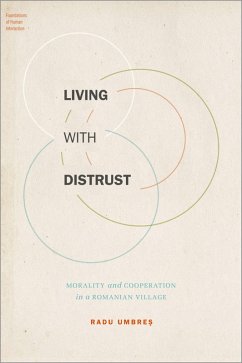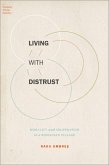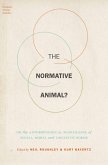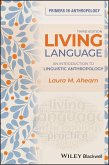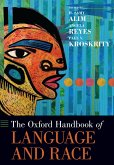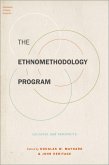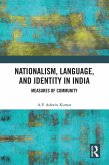People in the Romanian village of Sateni distrust each other so much, that they would rather take a building apart than share it. Satenis think of life as struggle for scarce resources--a struggle that can lead to deception, exploitation, or predation. Cooperation with unrelated or unfamiliar partners fails while distrust permeates everyday life and cultural representations. Yet, each person engages in profound relationships with a particular set of people, expressed in cooperative actions.
Living in Distrust makes sense of this worldview-one divided between strong moral relationships and deep suspicion towards the rest of the village society-through an ethnography of distrust. Drawing on two years of fieldwork, Radu Umbres offers an interdisciplinary interpretation of social interactions in a low trust society. This cognitive ethnography argues that the costs of misplaced trust made Sateni restrict their cooperative behavior to a safe set of social relationships: family, kinship, and friendship ties. Umbres explains how mutual trust appears by social agreement around culturally-codified institutions and persists only by fair cooperative interactions. Despite scarce representations or investments in the common good, the village society reproduces its low-level equilibrium of cooperation in relative stability. In an exploration of the structural influences on community morality and a defense of distrust, the book also demonstrates how investing trust in family first is an optimal strategy against ecological or political risks. By highlighting a system of dual morality sharply distinct from the Western-liberal ethos,
Living with Distrust addresses perennial moral dilemmas and essential questions of secrecy and honesty, distrust and reputation.
Dieser Download kann aus rechtlichen Gründen nur mit Rechnungsadresse in A, B, BG, CY, CZ, D, DK, EW, E, FIN, F, GR, HR, H, IRL, I, LT, L, LR, M, NL, PL, P, R, S, SLO, SK ausgeliefert werden.

